Vinyl flooring is manufactured from synthetic materials. Vinyl flooring mimics the look of wood or stone. Typically, vinyl is more affordable than real hardwood or stone flooring. Vinyl flooring from Greatmats provides a wide range of styles and formats to fit any installation need our customers have. We also provide buying advice, customer testimonials, design ideas, and how-to videos to help you make the most of your vinyl installation.
Article Library
Showing 1-12 of 171
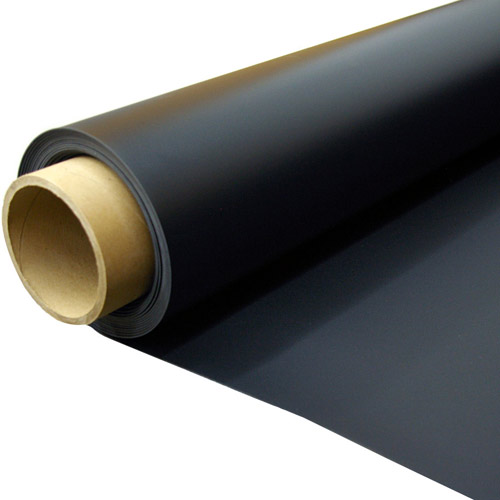
Is Vinyl Flooring Waterproof?
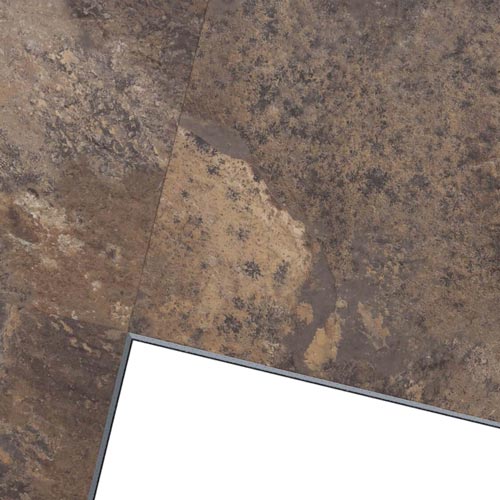
What Are The Pros And Cons Of Vinyl Floor Tiles?
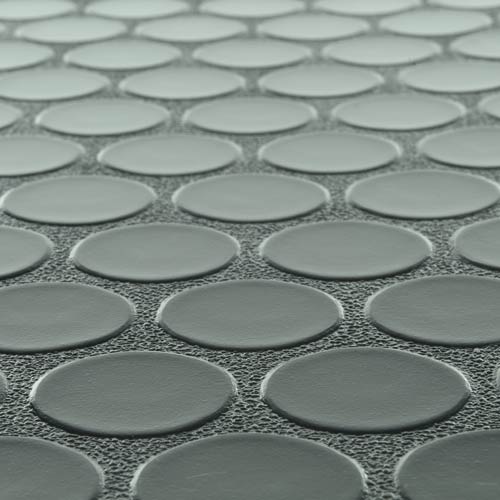
What Kind Of Patterns Does Sheet Vinyl Flooring Come In?
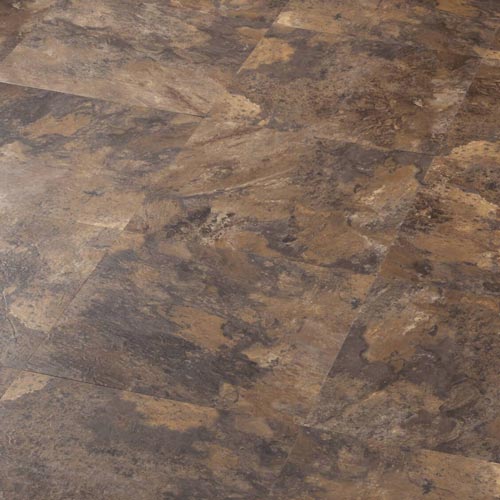
What Is LVT (Luxury Vinyl Tile) Flooring?

What Is Laminate Roll Flooring?

Greatmats Glossary Guide to Specialty Flooring Terminology
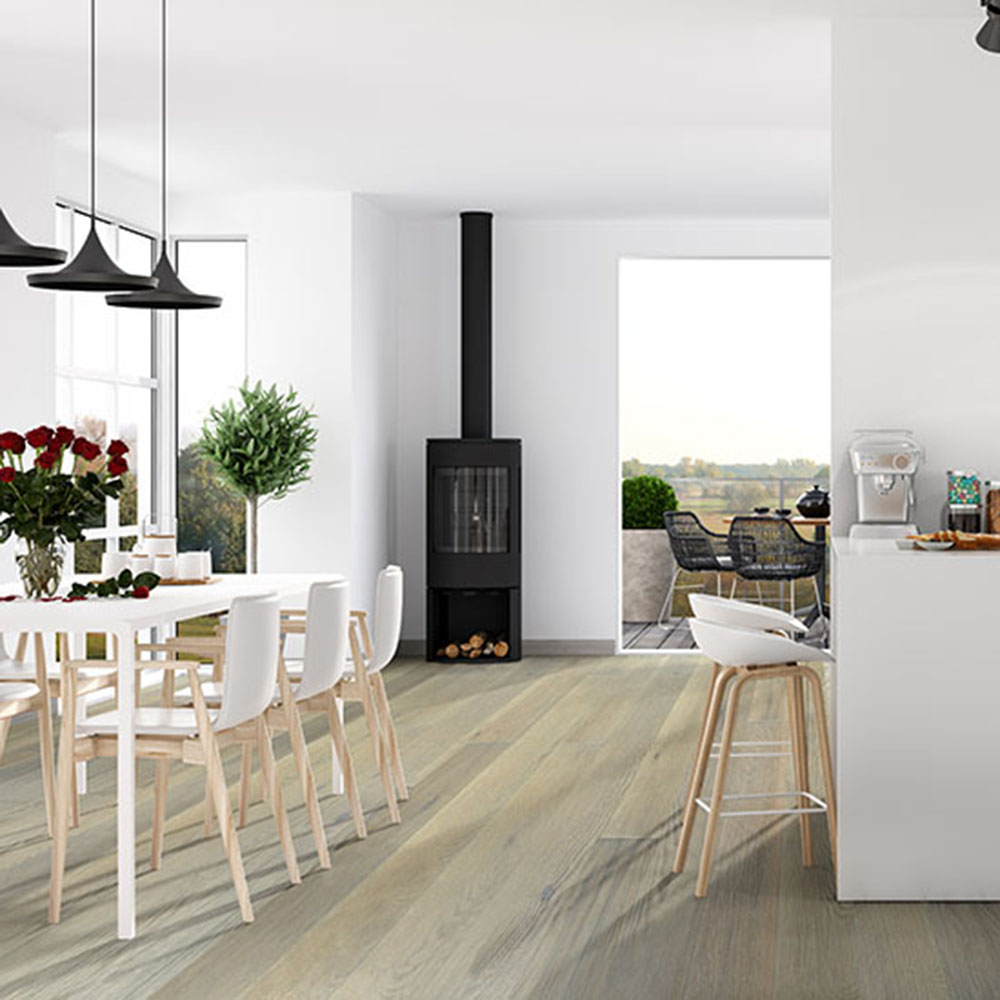
What Is Veneer Flooring?
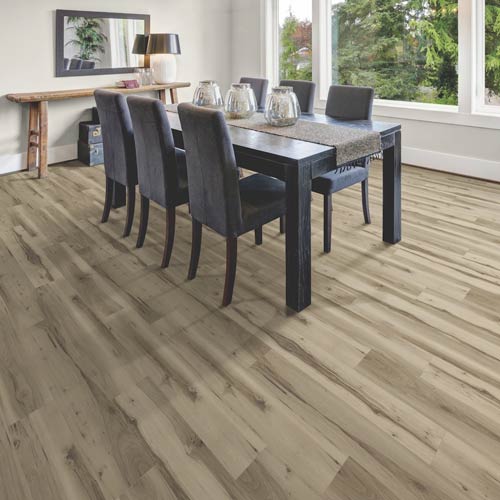
Most Affordable Flooring Options: Rubber, Foam, Vinyl, Carpet & More
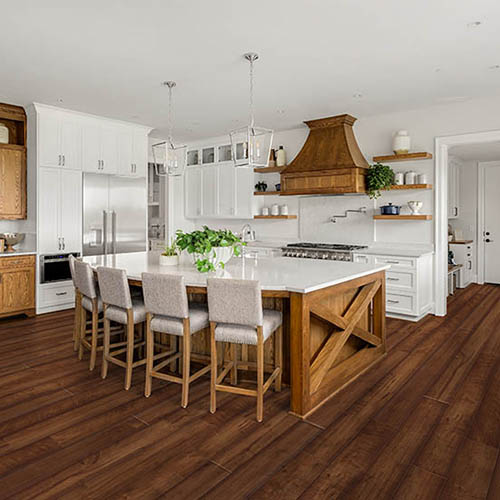
Laminate Vinyl Plank Flooring Looks Like Real Wood

What are gym floor covers made of?
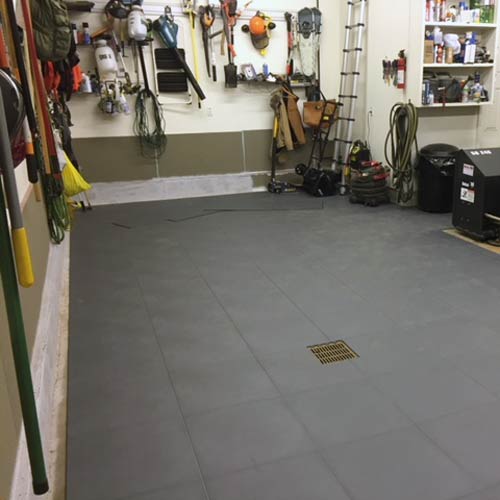
Is Vinyl Flooring Good For Garages?
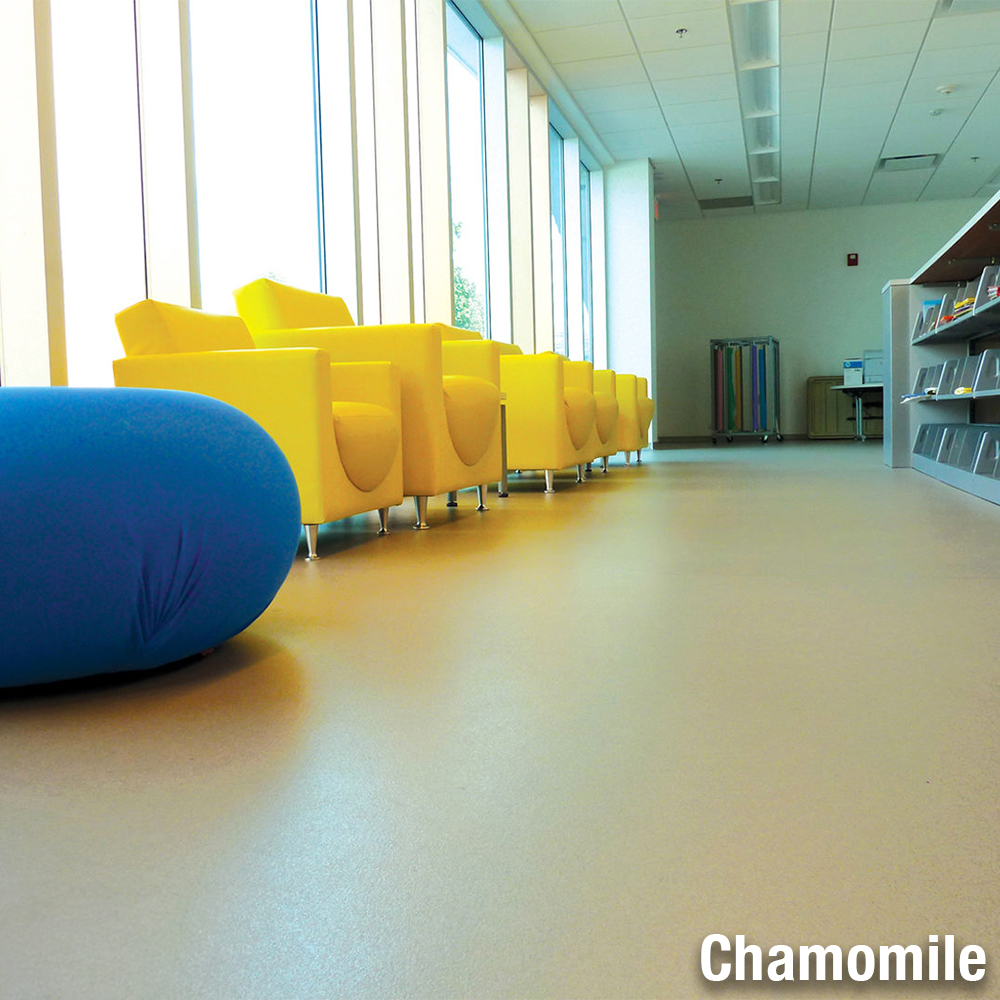
Where to Use Commercial Vinyl Flooring
Video Library
Showing 1-12 of 33

LonDeck Commercial Vinyl Roll Hand Video

Easy DIY Vinyl Basement Flooring

Does Vinyl Flooring Scratch

How well does LonDeck Sol vinyl flooring withstand the heat of direct sun

Max Tiles Have a New Color - Honey Oak!

How To Replace Max Tiles - Raised Modular Vinyl Floor Tiles

How To Cut Holes in Max Tile Raised Floor Tiles - Modular Vinyl Floor Tiles

How To Replace Max Tile Raised Floor Tiles - Modular Vinyl Tile Removal

How To Cut Luxury Vinyl Planks with Saws and Laminate Cutter

How To Cut Max Tile Raised Floor Tiles - Modular Luxury Vinyl Tile

Vinyl Peel and Stick Gym Hardwood Floor Tiles - Maple Look Flooring

Peel and Stick Vinyl Tile - Dark Oak Parquet Laminate Flooring
We have vinyl products in a tile, plank, or roll format, ensuring our customers can find the perfect format to fit their needs and design plans.
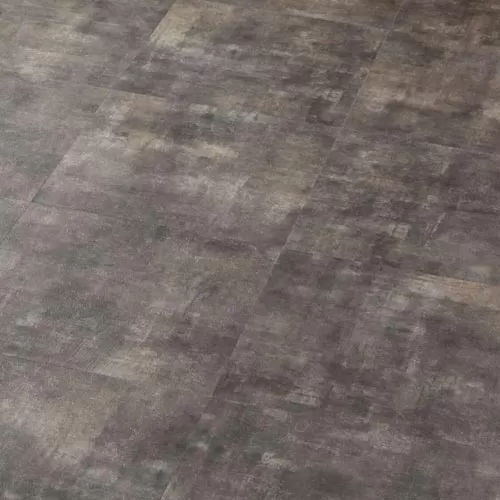
Vinyl’s versatility comes from the different layers that make up the piece of flooring.
The top layer contains the printed graphical element, which includes the color or design pattern, such as oak plank flooring, that allows this style of flooring to work in almost any room.
Manufacturers also place an extremely thin, transparent wear layer over the top of the vinyl to protect the printed layer.
The base layer gives the vinyl its stability and durability. It will vary in thickness from model to model. Some vinyl base layers may even have a foam or rubber layer on the back to provide a little bit of cushioning.
Some vinyl flooring will have a raised pattern on the top layer, such as a coin pattern or a diamond pattern, giving those walking across the floor a little bit of slip-resistant texture in areas that may have moisture.
In a business setting, vinyl works well for a wide range of locations. Restaurants can use our vinyl flooring in both the kitchen and dining areas, as it’s easy to clean and looks great.
Fitness centers may use vinyl with rubber padding attached to the back side fur durability and cushioning that protects the lower body joints of the athletes. The rubber layer cuts down on noise too.
With the vinyl that looks like wood plank flooring, some customers will choose to install them in an athletic facility, before painting lines on the vinyl to create a basketball or volleyball floor.
Dancers frequently use vinyl to create a workout or performance space. Our customers include both formal dance studios and those creating a dance studio at home.
Interlocking vinyl tiles will pop together without the need to include adhesive. Vinyl planks that simulate hardwood also pop together, using a tongue and groove system at the edges of the planks.
Vinyl is thin enough that installers often can use a utility knife to cut planks, rolls, or tiles to fit. With the faux vinyl wood planks, installers can even create the proper wood plank stagger to enhance the realistic look.
With rolls of vinyl, installers can glue them down for a permanent installation or, more commonly, use vinyl tape for a temporary installation.
When it’s time for a more thorough cleaning, customers can mop the vinyl surface with a mix of warm water and a neutral pH cleaner before allowing the area to air dry.
Types of Vinyl

- Tiles: Our vinyl flooring tiles typically are available in a 1x1 foot format that’s perfect for an installation at home. The pieces clip together, so the installer does not have to glue them on the edges. We also carry peel and stick luxury vinyl tiles in various stone look colors.
- Planks: We also have luxury vinyl flooring that resembles wood planks. These planks click together, providing the easiest possible installation. The planks range in width from a few inches to several inches, allowing installers to create just the right look in the faux hardwood floor with narrow or wide planks.
- Sheet Vinyl: A sheet of vinyl in a roll is the best option for covering a large space for businesses and studios. Our customers often will use these rolls to cover a stage for dance recitals or for musicals or plays, such as for a high school performance stage.
Material Options
Vinyl is a popular selection for flooring in both homes and commercial buildings, because it can look like nearly anything and because it has impressive durability. Customers can use vinyl flooring in almost any room of the home or commercial building.Vinyl’s versatility comes from the different layers that make up the piece of flooring.
The top layer contains the printed graphical element, which includes the color or design pattern, such as oak plank flooring, that allows this style of flooring to work in almost any room.
Manufacturers also place an extremely thin, transparent wear layer over the top of the vinyl to protect the printed layer.
The base layer gives the vinyl its stability and durability. It will vary in thickness from model to model. Some vinyl base layers may even have a foam or rubber layer on the back to provide a little bit of cushioning.
Pattern and Texture Options
The impressive versatility in vinyl flooring is most noticeable in the printed layer. Customers have a wide range of selections here, creating floors that look like wood planks or that offer solid colors with high gloss or matte finishes. Some vinyl tiles will even look like stone flooring at a much lower cost than actual stone floors.Some vinyl flooring will have a raised pattern on the top layer, such as a coin pattern or a diamond pattern, giving those walking across the floor a little bit of slip-resistant texture in areas that may have moisture.
Common Use Options
Vinyl works for multiple types of flooring layouts. Homeowners may install this material in a kitchen, bathroom, or basement, as it’s easy to clean. They also may use it in a dining room or living room where they want to simulate a hardwood floor or a faux stone floor.In a business setting, vinyl works well for a wide range of locations. Restaurants can use our vinyl flooring in both the kitchen and dining areas, as it’s easy to clean and looks great.
Fitness centers may use vinyl with rubber padding attached to the back side fur durability and cushioning that protects the lower body joints of the athletes. The rubber layer cuts down on noise too.
With the vinyl that looks like wood plank flooring, some customers will choose to install them in an athletic facility, before painting lines on the vinyl to create a basketball or volleyball floor.
Dancers frequently use vinyl to create a workout or performance space. Our customers include both formal dance studios and those creating a dance studio at home.
Installation Options
Several years ago, vinyl products were tough to install. Modern vinyl greatly simplifies the installation, though.Interlocking vinyl tiles will pop together without the need to include adhesive. Vinyl planks that simulate hardwood also pop together, using a tongue and groove system at the edges of the planks.
Vinyl is thin enough that installers often can use a utility knife to cut planks, rolls, or tiles to fit. With the faux vinyl wood planks, installers can even create the proper wood plank stagger to enhance the realistic look.
With rolls of vinyl, installers can glue them down for a permanent installation or, more commonly, use vinyl tape for a temporary installation.
Cleaning and Maintenance Requirements
Cleaning and maintaining vinyl is an easy process. For day-to-day cleaning, just run a vacuum cleaner, a broom, or a dry mop over the top of the vinyl to remove dust and other small debris.When it’s time for a more thorough cleaning, customers can mop the vinyl surface with a mix of warm water and a neutral pH cleaner before allowing the area to air dry.


